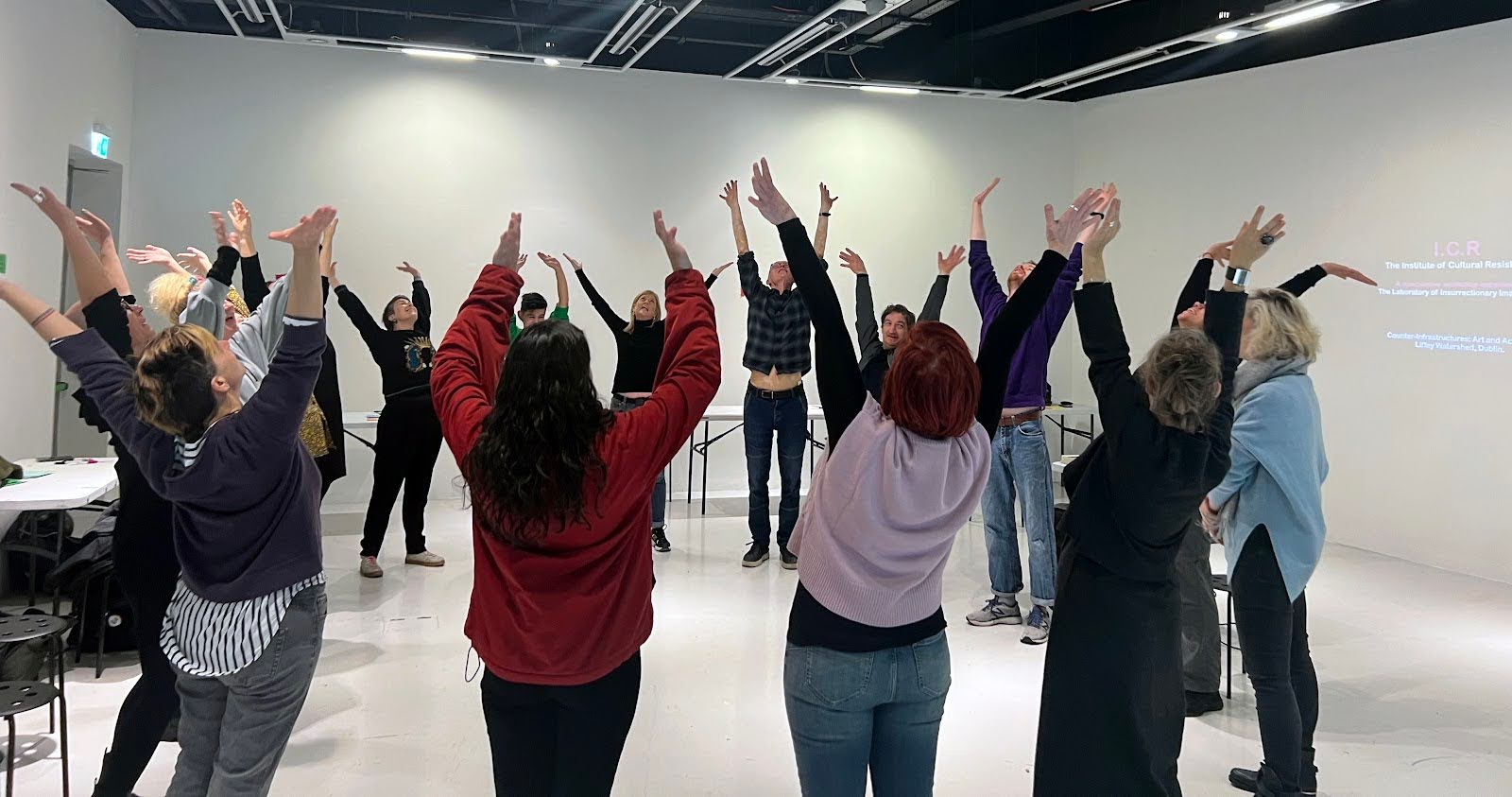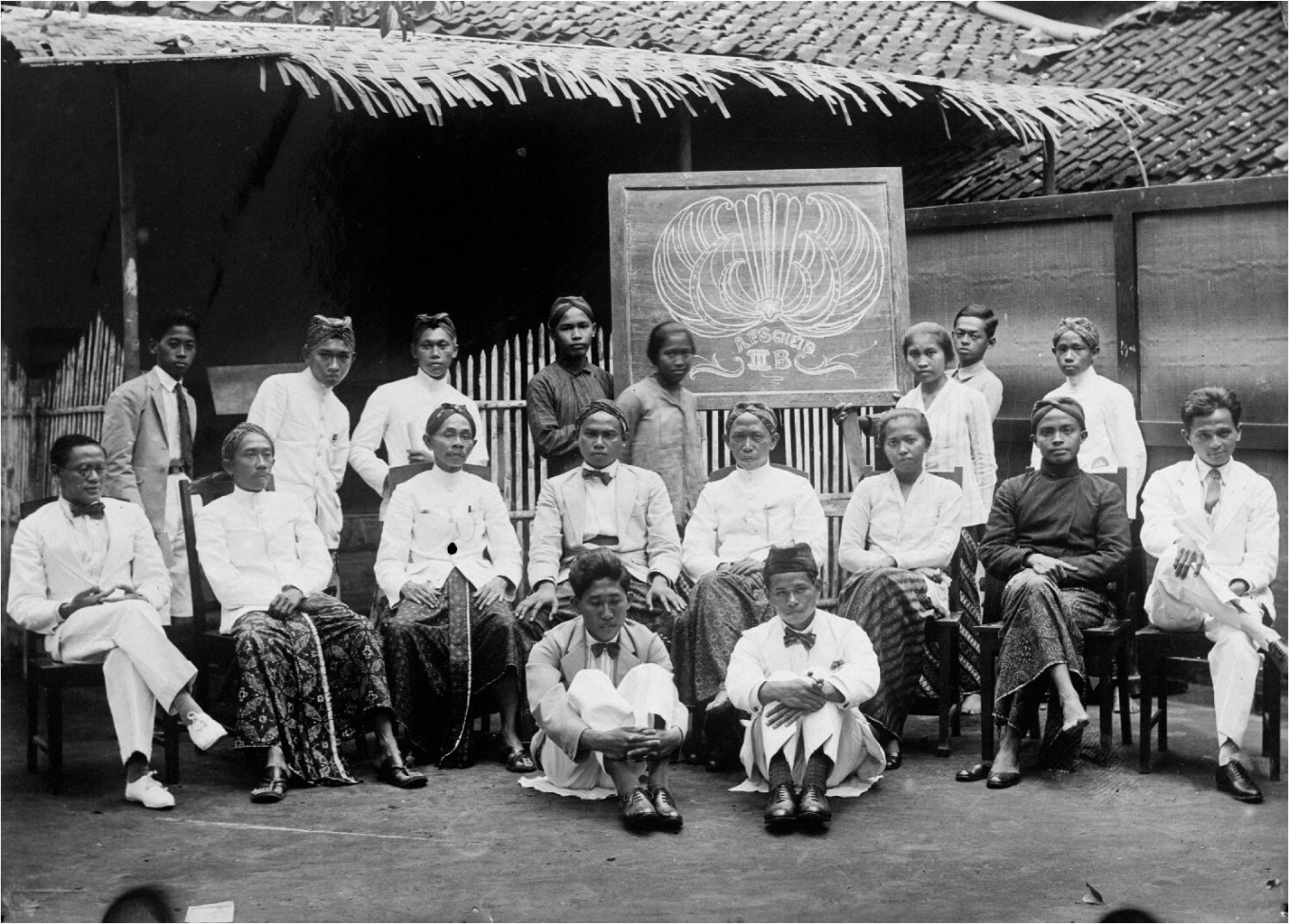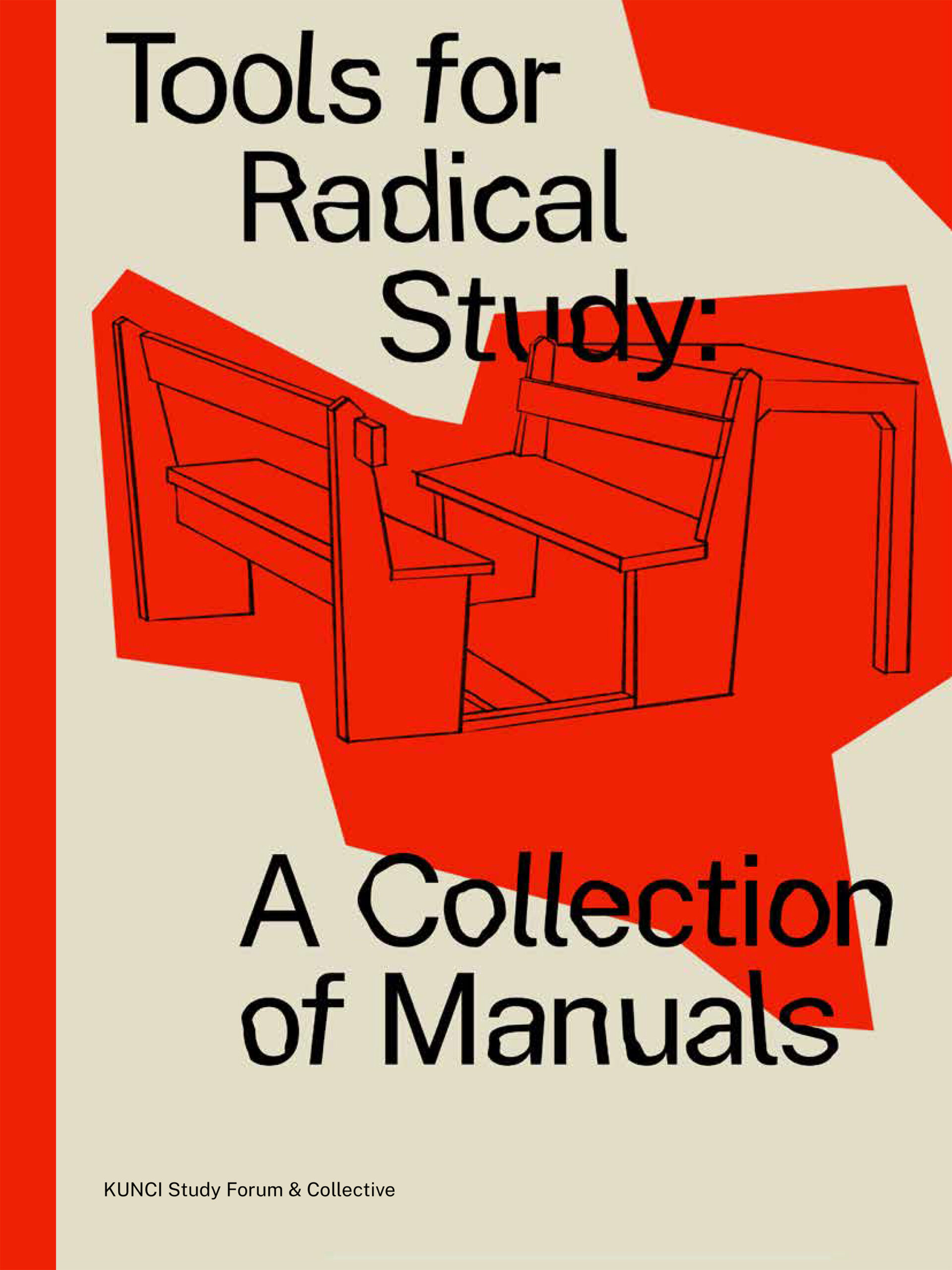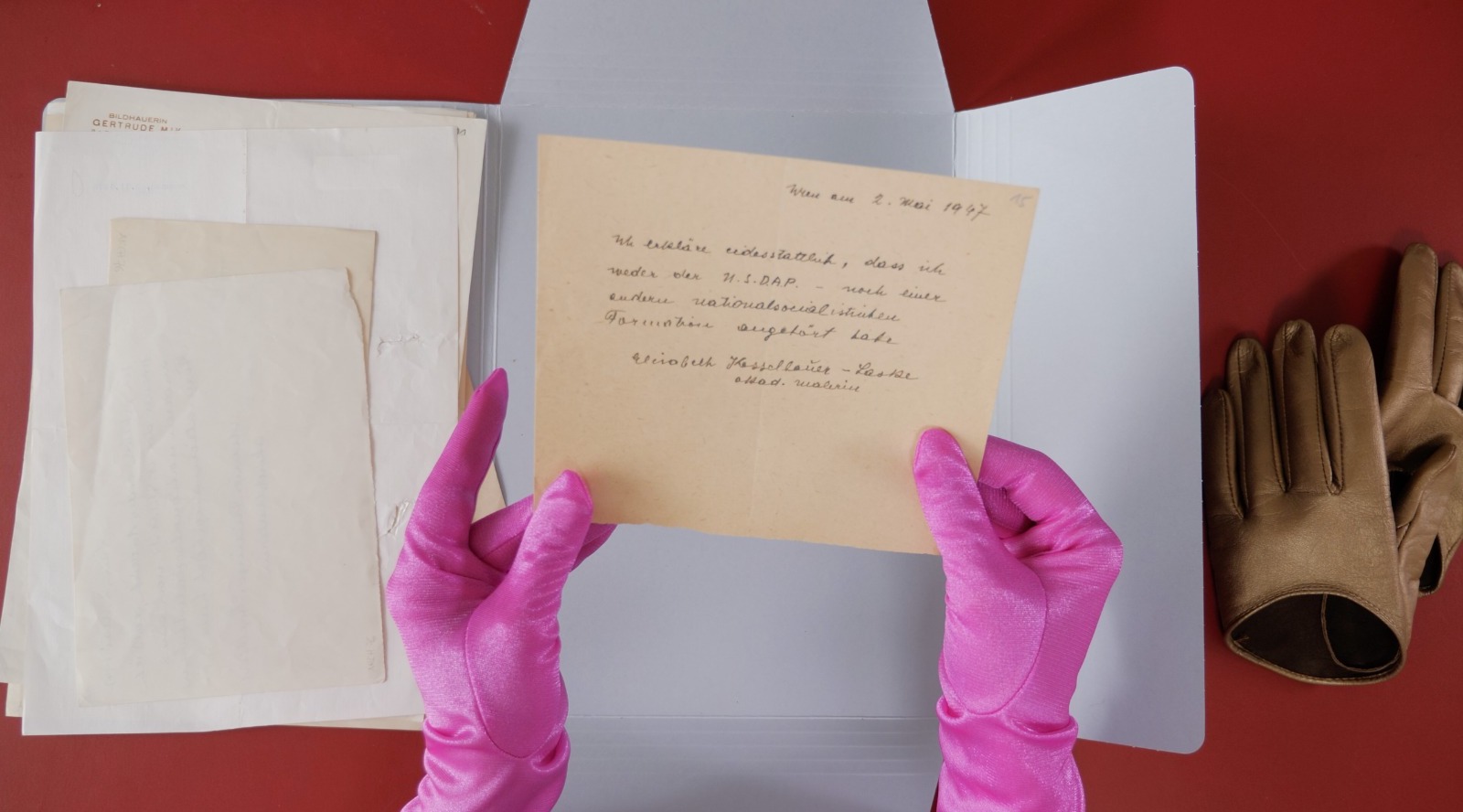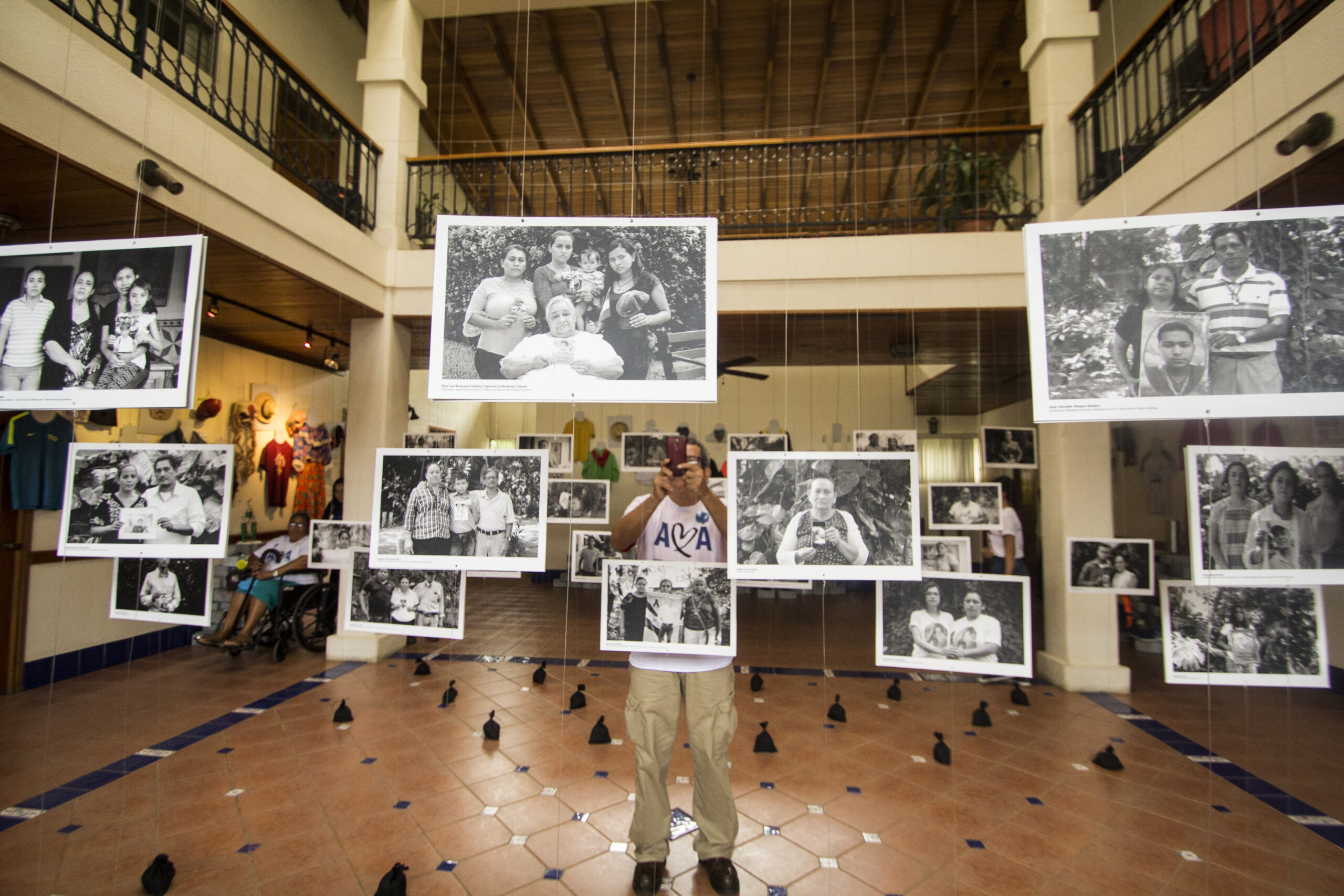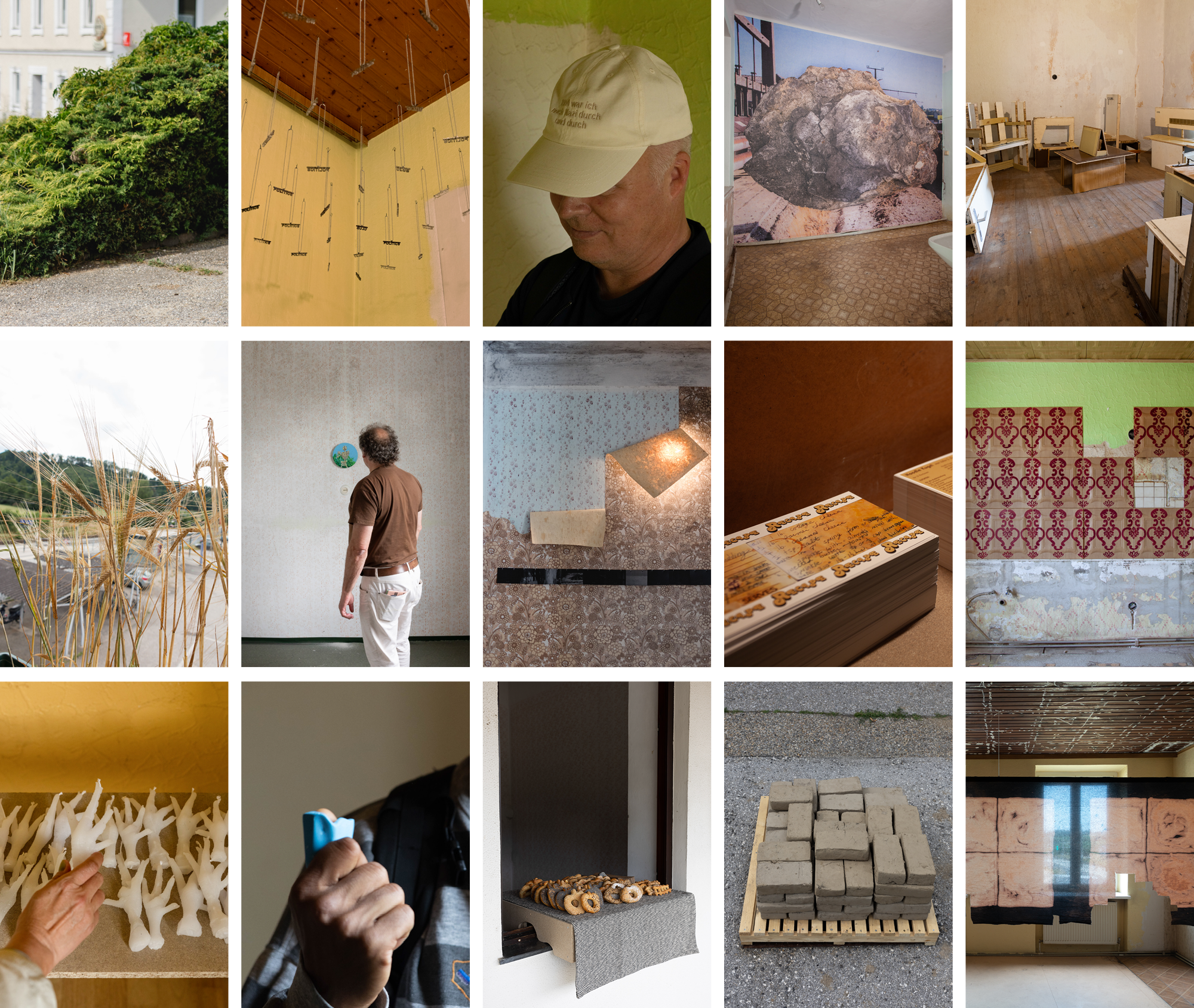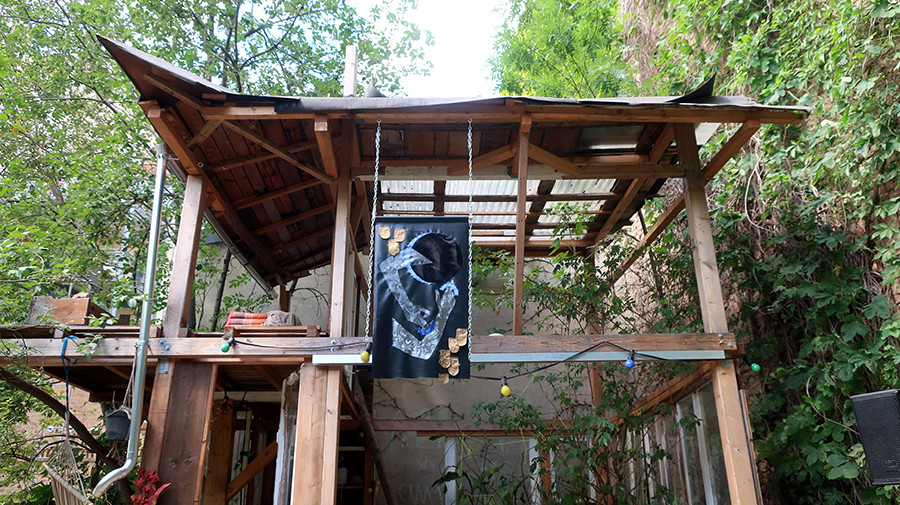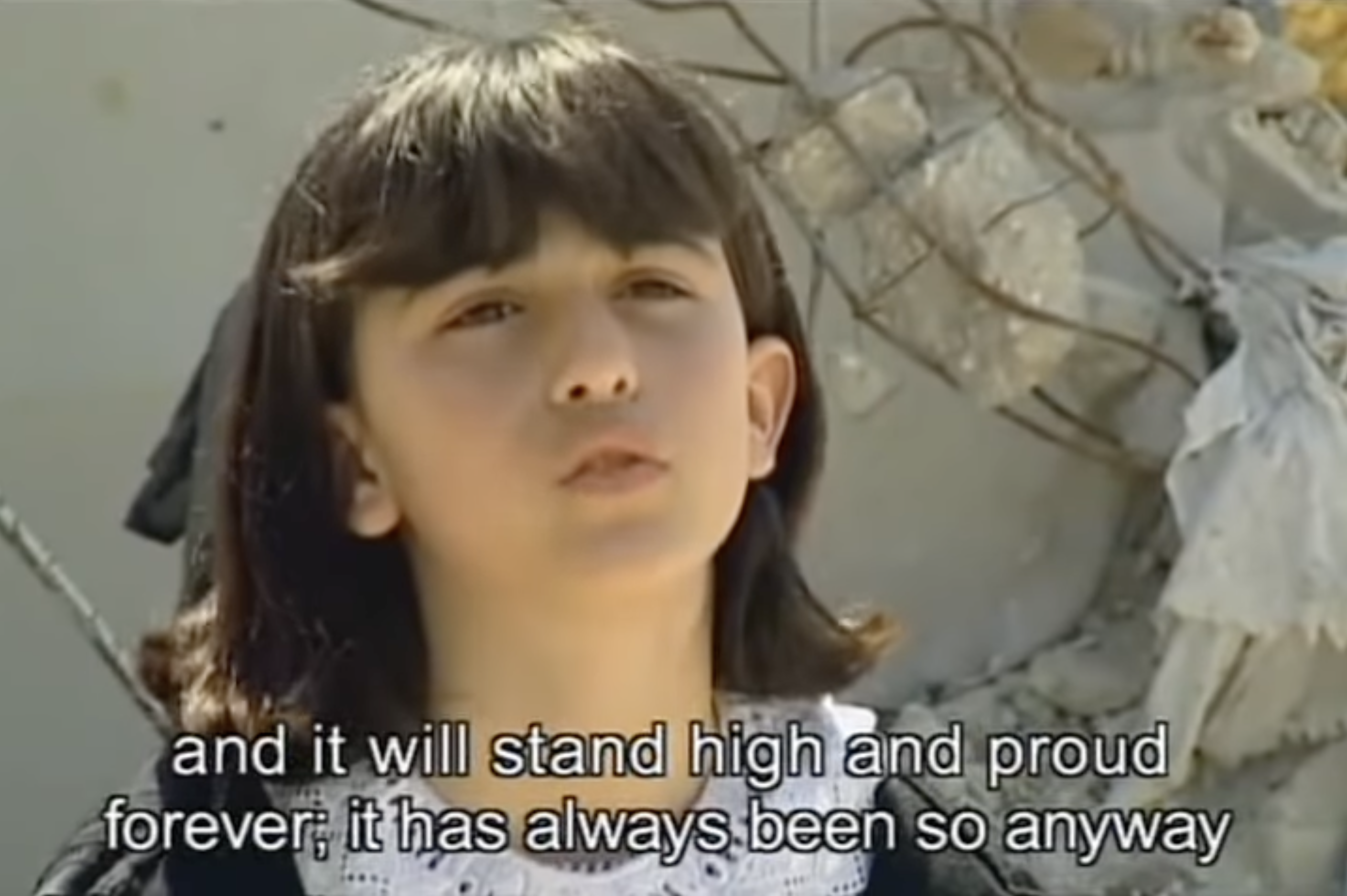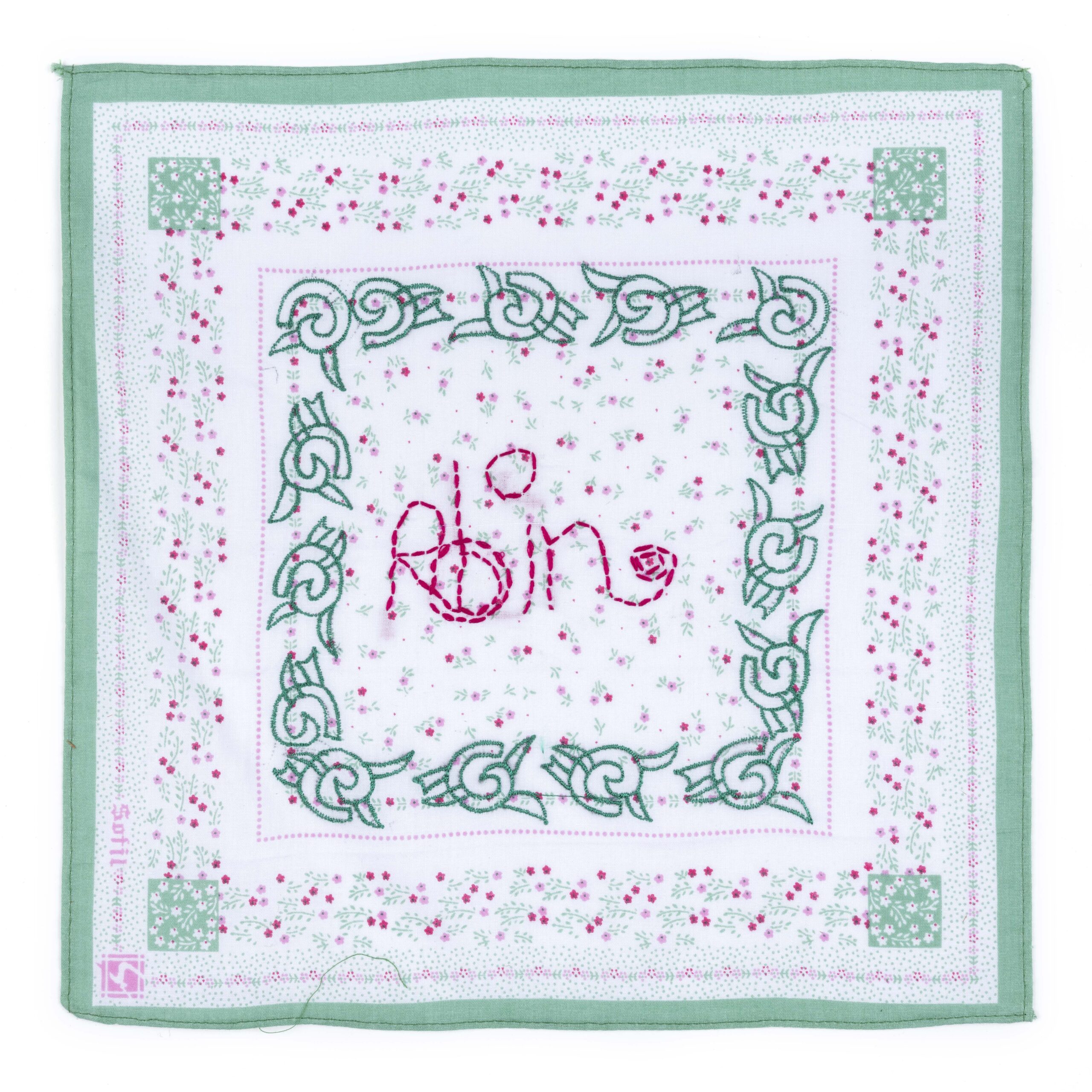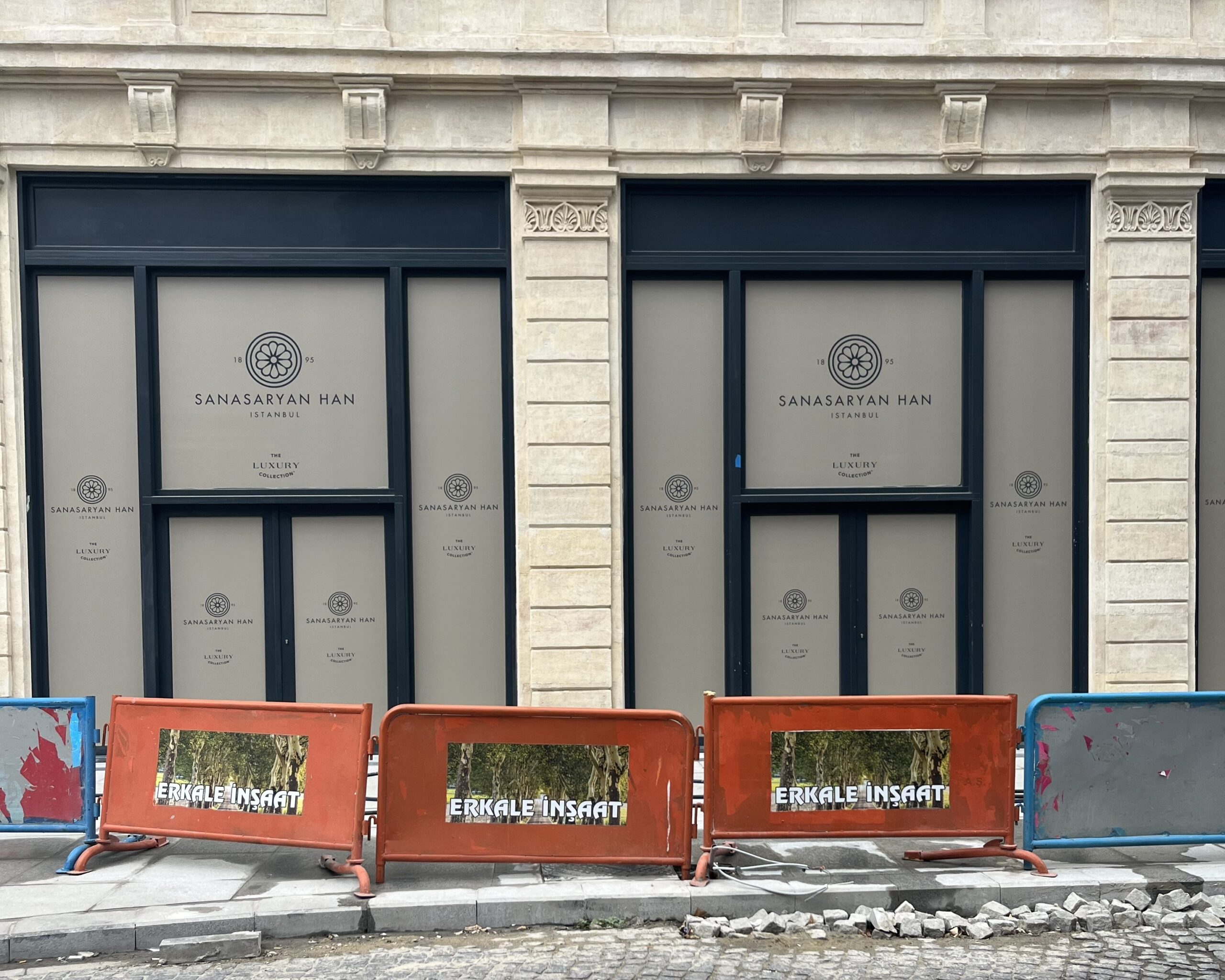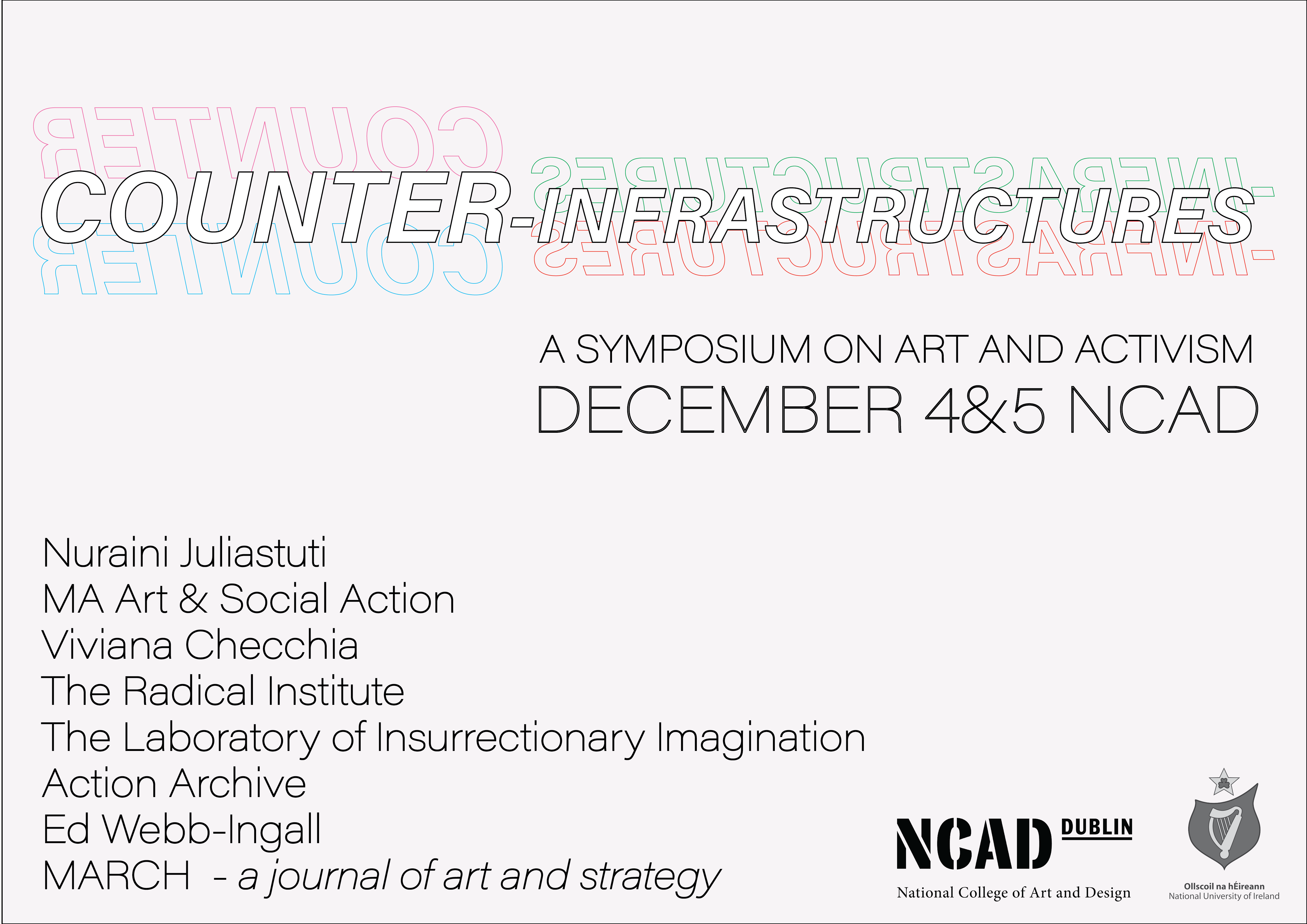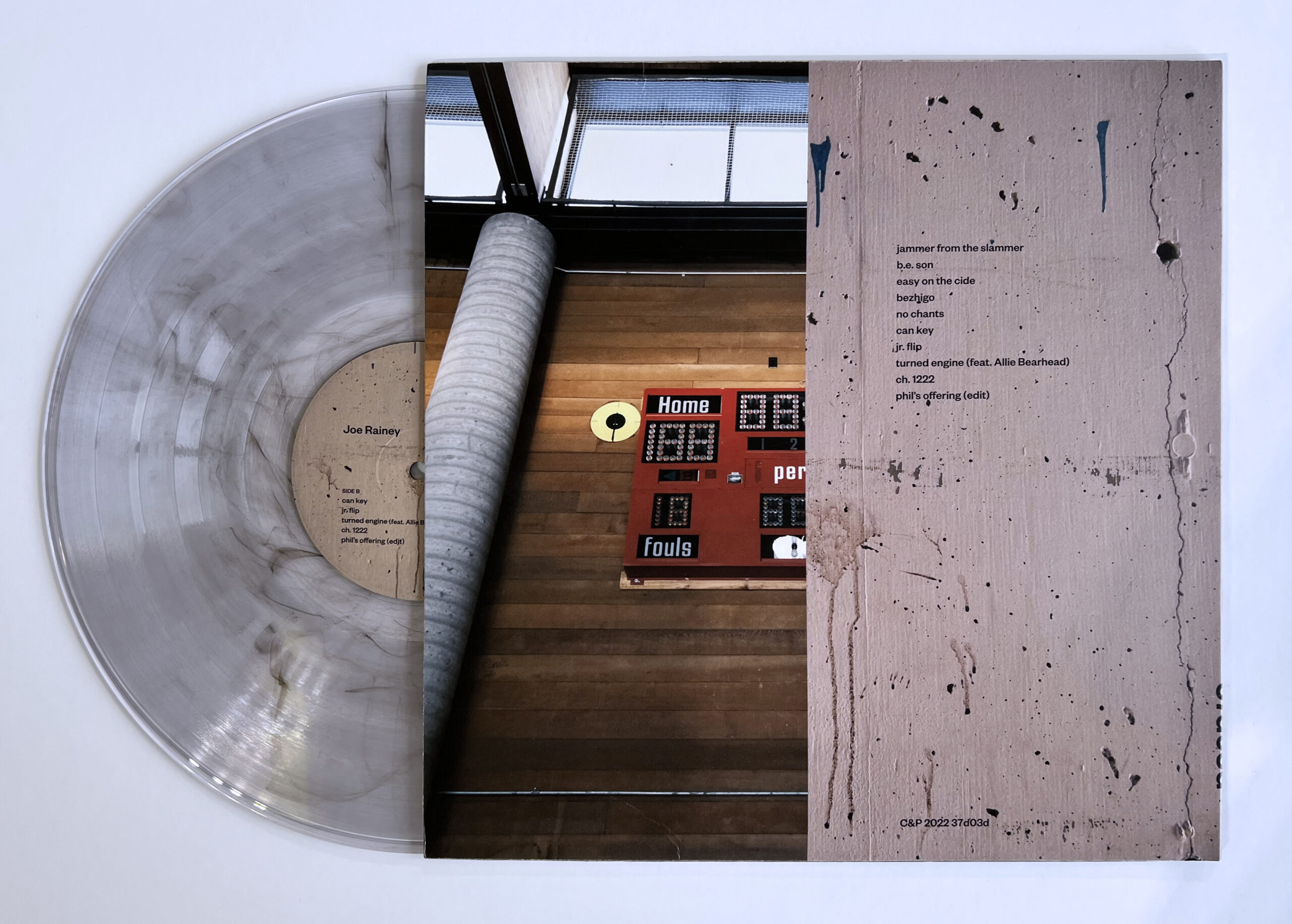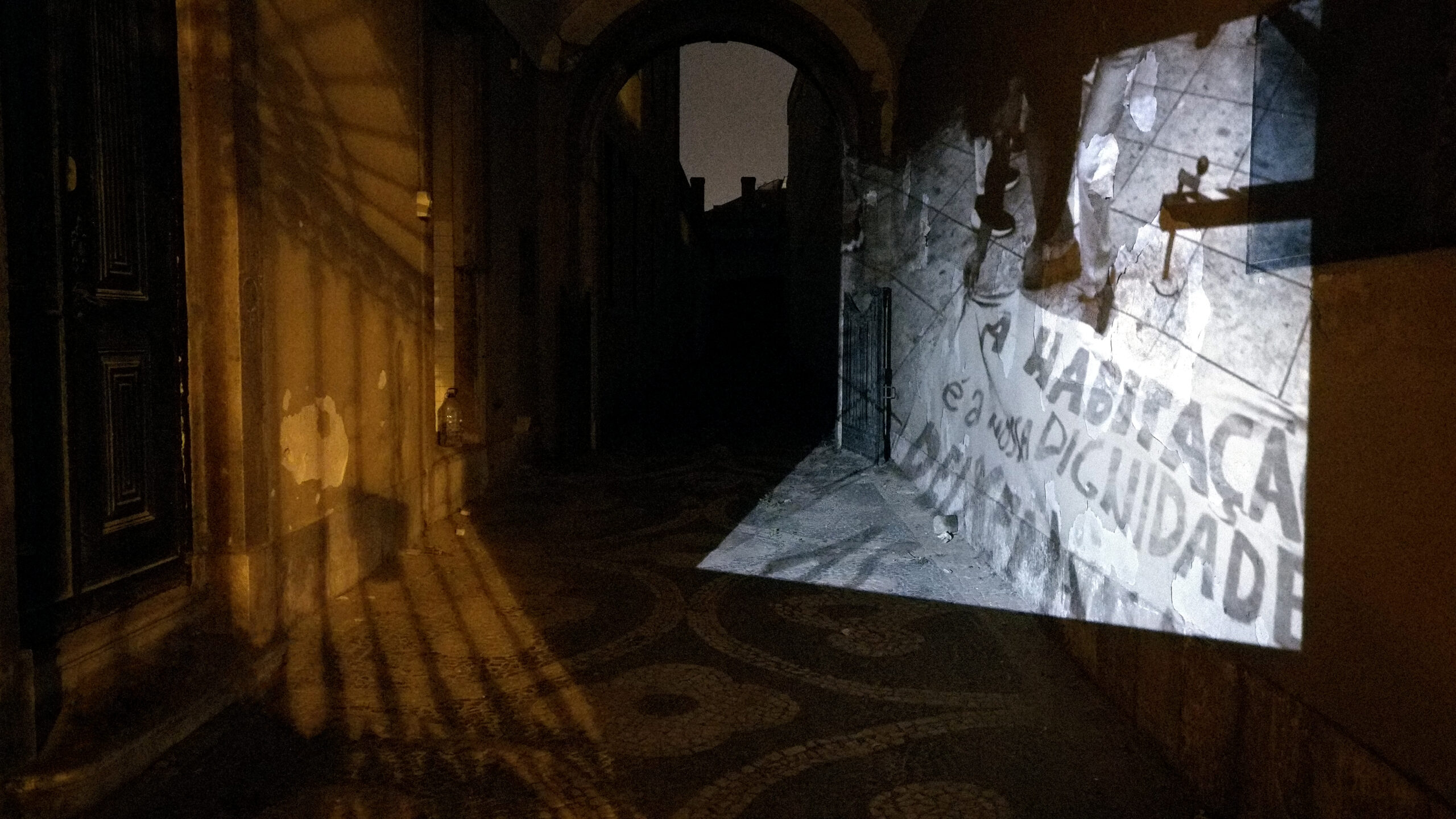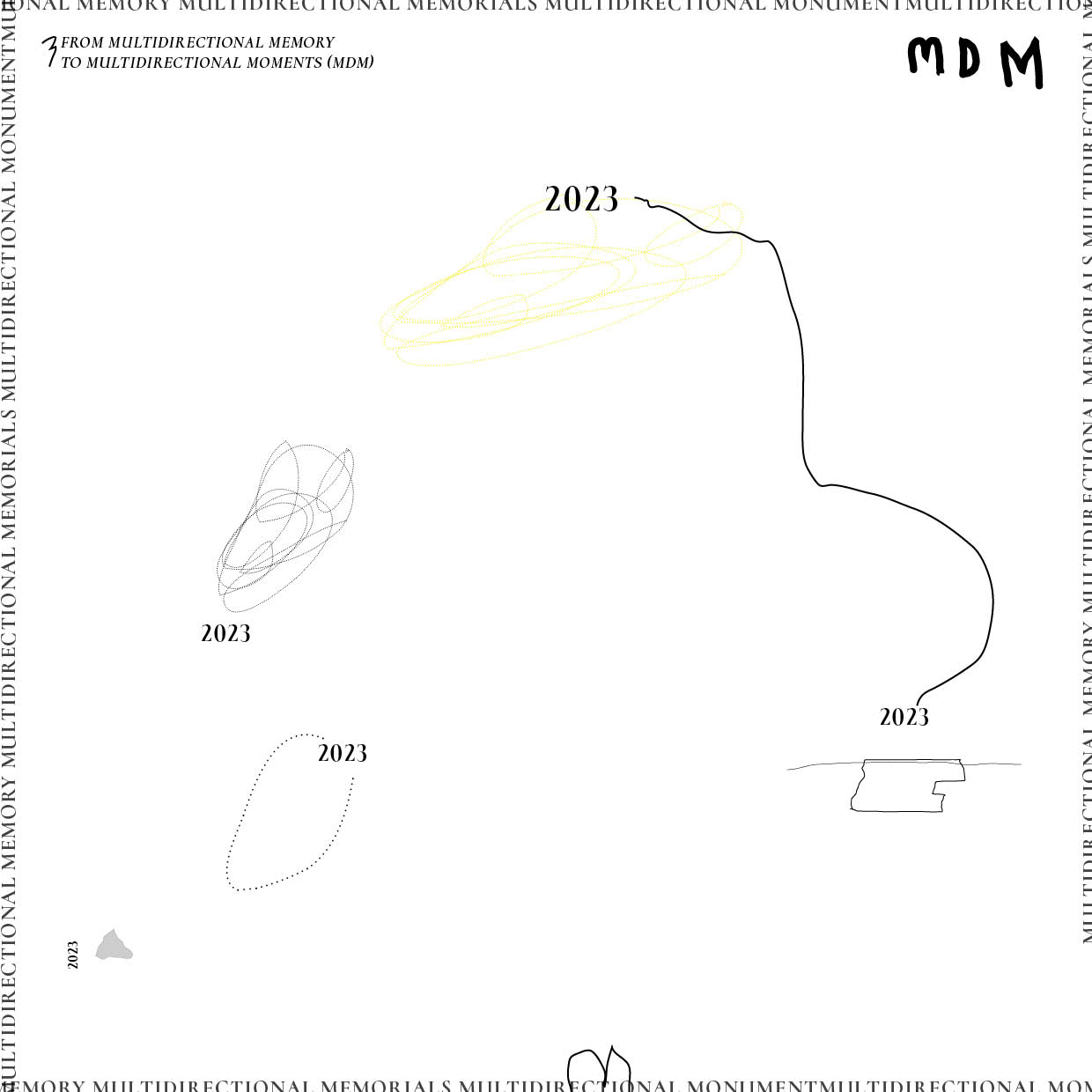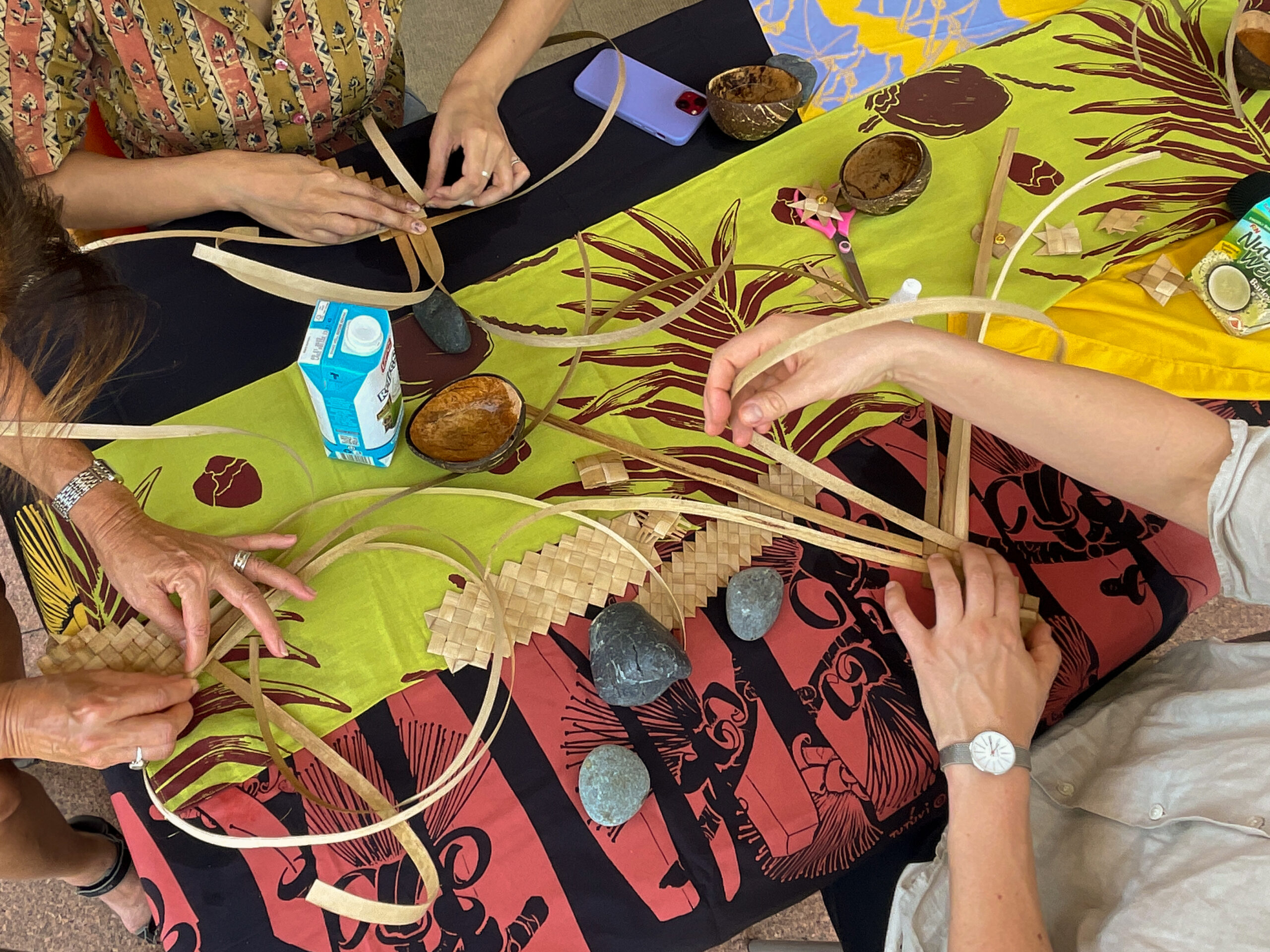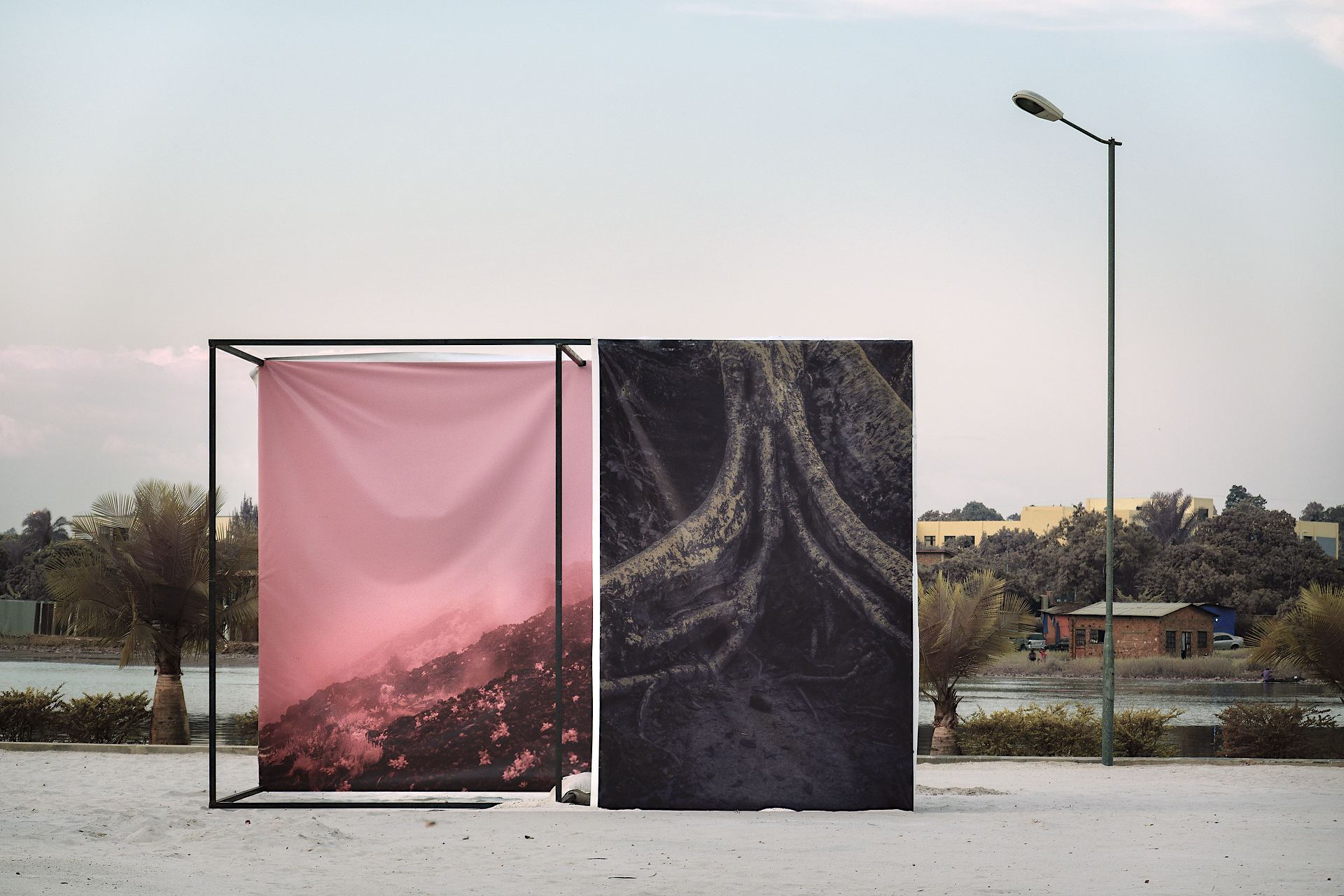Recent Posts
FEATURES
- Public Actions
- Publication
- Black Ecologies
- Counter-Infrastructures
- Dispatches
- MARCH 01
- Multidirectional Memory
- Publishing As Protocol
- Sound and Power
- Tools for Radical Study
- Triennials Out of Time
MARCH is a journal of art & strategy founded by Sarrita Hunn and James McAnally.
MARCH: a journal of art & strategy 2020-2025
We are grateful for your readership and many forms of support over the past five years.
Counter-Infrastructures, part 1
How can artistic strategies help us to develop durable and meaningful infrastructures that support social formations beyond the timescales of the immediate moment, project timeline, or crisis?
Counter-Infrastructures, part 2
This essay continues from Counter-Infrastructures, part 1.
Tools for Radical Study
Introduction for Tools for Radical Study: A Collection of Manuals by editors KUNCI Study Forum & Collective.
Tools for Radical Study: A Collection of Manuals
MARCH is pleased to announce its third print edition Tools for Radical Study: A Collection of Manuals, edited by KUNCI Study Forum & Collective and designed by Celcea Tifani and Tasia Loekito.
Storying the Silence: The Archive of the Vereinigung bildender Künstler*innen Österreichs (VBKÖ)
Georgia Holz and Stephanie Misa discuss the Austrian Association of Wom*n Artists (VBKÖ)’s controversial history and how its archive has become a site for speculative methods that explore convergent and divergent – and at times haunting – histories within the association.
Multidirectional Memories and Transnational Solidarities in Exile: AMA y No Olvida, Memory Museum Against Impunity
AMA y No Olvida (Love and Do Not Forget), Memory Museum Against Impunity was created in collaboration with the Mothers of April Association (Asociación Madres de Abril or AMA, which also translates to “love”), the Nicaraguan Center for Human Rights (CENIDH), and the Nicaraguan Academy of Sciences, in search of truth, justice, and integral reparations that unites and represents mothers and relatives of the people assassinated by the state repression in Nicaragua since 2018.
Giveaways / Hideaways
Using an empty train station in Lungitz, Austria as a central meeting point, the site-specific group exhibition Giveaways / Hideaways approached the building by asking how an invisible, violent, and uncomfortable history could both be expressed and then carried away from it.
Libidinous Memorial Flag for Peter Clemens
First written as a performative site-specific response in 2019, Lyónn Wolf has invited researcher and author Tyan Fritschy to converse with “Libidinous Memorial Flag for Peter Clemens” through their own reflections, riffs, and concerns.
Palestine is an Embodied Struggle
A non-exhaustive curation of Palestinian poetry, prose, artwork, archival documents, oral testimonies, and documentation of the Palestinian grassroots liberation movement(s) by a totally exhausted Palestinian curator.
A Memorial for the New Economy
A Memorial for the New Economy proposes a publication as a memorial – one that is neither a grand proclamation nor a fixed monument, but instead a document dependent on systems of distribution, access and exchange.
Sound, Power and Culture
Building on our Conversations on Sound and Power feature organized with Sonic Insurgency Research Group (SIRG), we are pleased to announce the fourth iteration of “Sound, Power and Culture,” a winter study group on sound and power organized by SIRG member Josh Rios with special co-facilitator Johann Diedrick in January 2024.
A Casket for All Seasons
Hande Sever delves into the history of Sanasaryan Han, an edifice found nestled within Istanbul’s tourist-laden neighborhood of Sirkeci, to create a dialogue among memories which have not previously been connected.
Counter-Infrastructures: Art & Activism
We are pleased to announce our participation in Counter-Infrastructures: Art & Activism, a two day symposium December 4-5 organized with the National College of Art and Design (NCAD) in Dublin, Ireland.
Conversations on Sound and Power: Joe Rainey
Continuing our Conversations on Sound and Power, Sonic Insurgency Research Group interviews Joe Rainey about his recent album Niineta which brings together dynamic powwow performances and experimental distortion.
Palácio das Belas Artes Lisboa: From Monument to Multimentality
Lia Carreira and Bernhard Garnicnig present the Palácio das Belas Artes Lisboa in Portugal as a memorial to the promises and potential pitfalls of the concept of multidirectional memory.
MDM Artistic Researchers and Symposium
We are pleased to announce the From Multidirectional Memory to Multidirectional Moments (MDM) artistic researchers and forthcoming online publishing and symposium events in Vienna November 16 – 18.
Triennials Out of Time: Singapore Biennale and Hawaiʻi Triennial
In this sixth conversion, Binna Choi, co-artistic director of Singapore Biennale 2022 and co-curator of the Hawaiʻi Triennial 2025, speaks with Drew Kahuʻāina Broderick, a participating artist in the Singapore Biennale 2022 and co-curator of Hawaiʻi Triennial 2022.
Triennials Out of Time: Lagos Biennial and Lubumbashi Biennale
In this fifth conversation, Folakunle Oshun, founding Artistic Director of the Lagos Biennial in Nigeria, speaks with Sammy Baloji, co-founder of the Lubumbashi Biennale in the Democratic Republic of the Congo.
